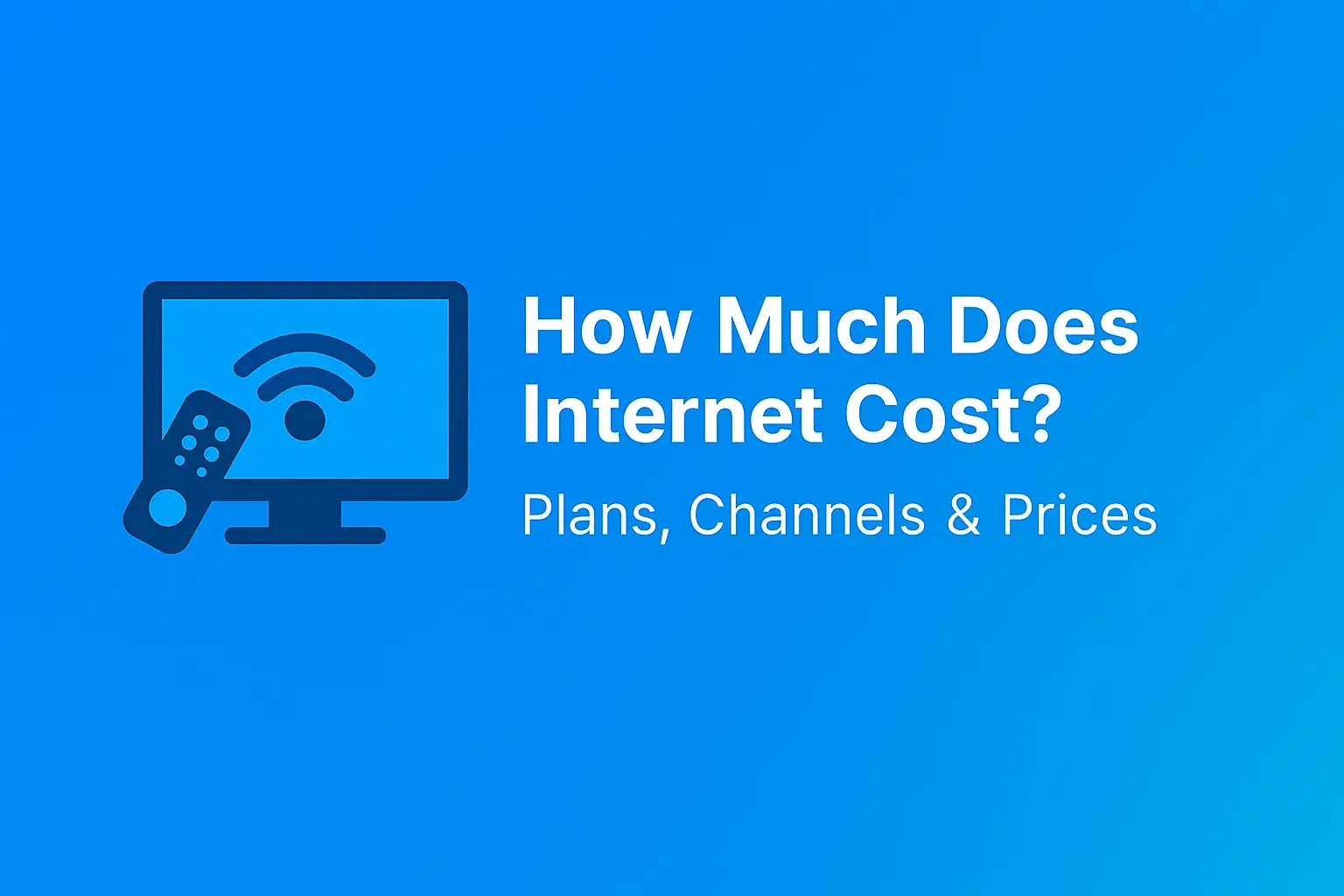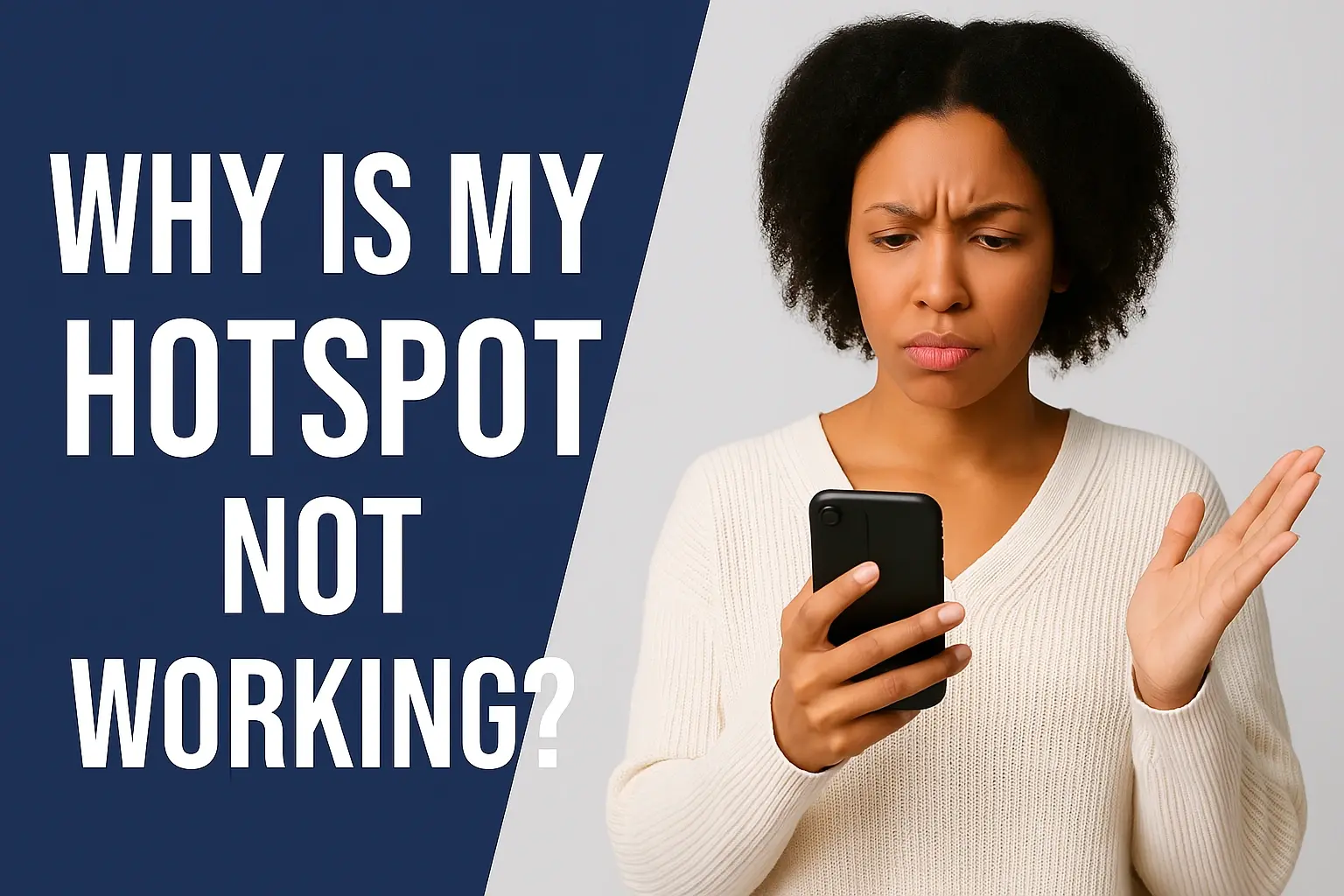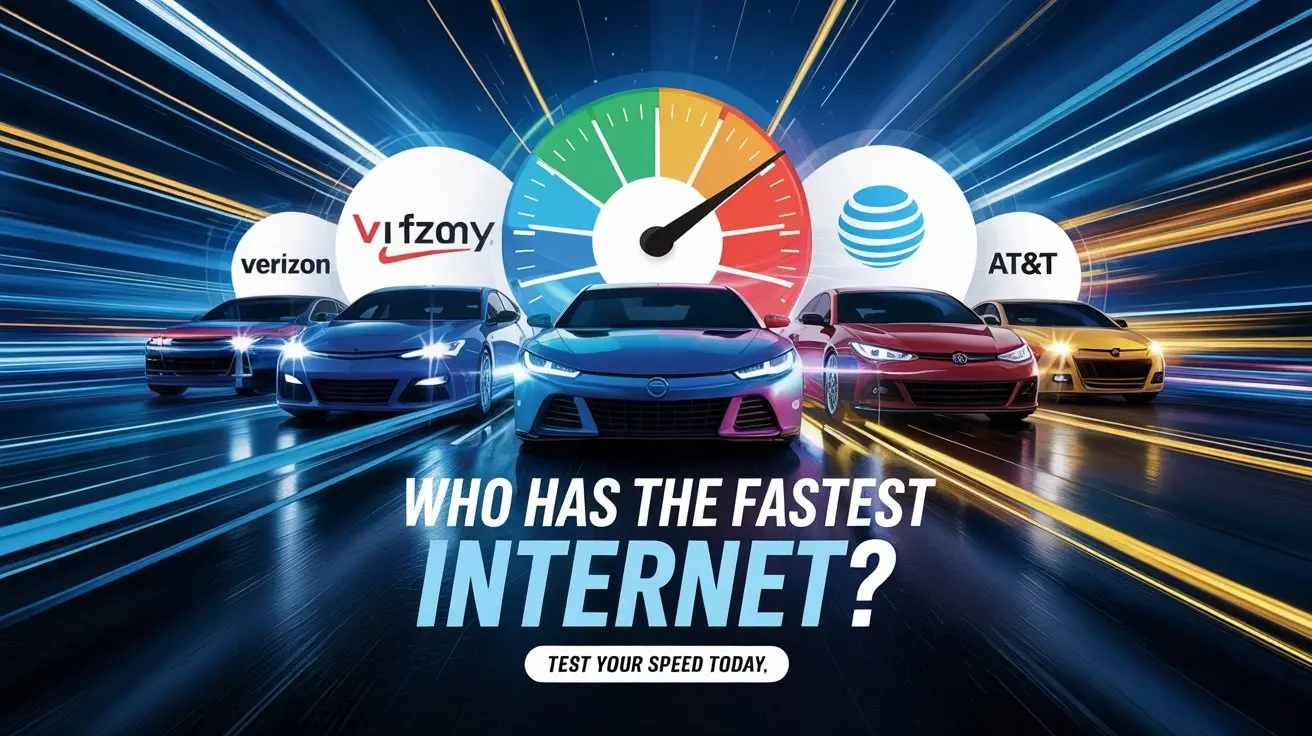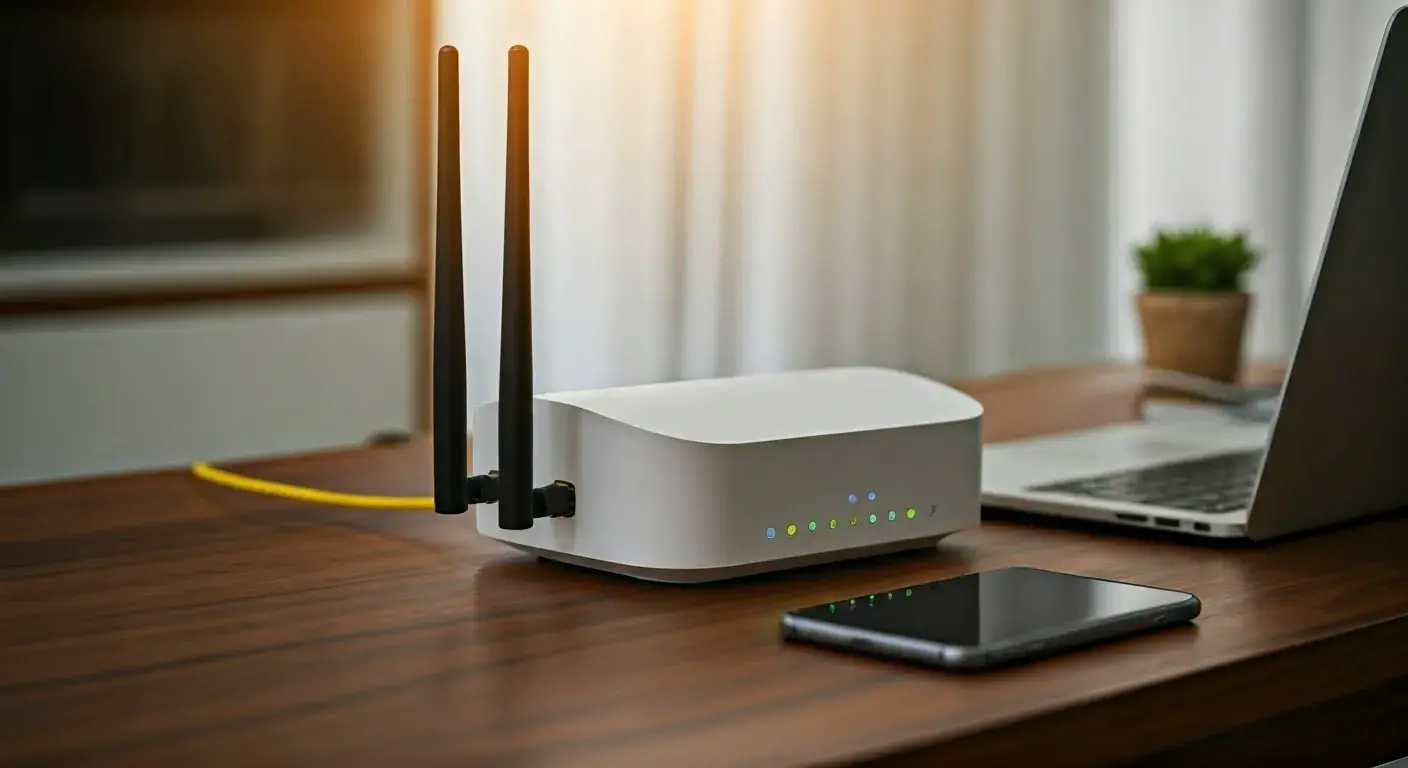Does AT&T throttle internet speed?

Among the biggest internet service providers in America, this is an American telecommunications corporation. Given millions of customers of phone, TV, and internet-based telecommunications services, one might have some questions about network management rules. One regularly asked topic is, does AT&T throttle—that is, purposefully slow down certain kinds of traffic or consumption?
What is Throttling?
Throttling is the deliberate act of slowing down of internet connection for particular apps, websites, or users by ISPs. ISPs can do this for several reasons – perhaps to regulate traffic during heavy usage in the evening, or perhaps to make users upgrade to their ‘faster package’ if they want to download stuff faster. This can affect the capability to watch video streams, play video games, or use applications that require a lot of data.
Does AT&T Throttle?
However, according to AT&T directors, the company does not throttle or reduce the speeds based on the content or application. However, there are complaints from some users that they have realized slower internet speeds during times when they engage in processes that require a lot of bandwidth such as watching HD videos or browsing particular websites.
There is, however, truth in the fact that AT&T Internet does apply measures that are aimed at preventing congestion within the network for the sake of improving the performance of the network for all clients. This is achieved in a way that prioritizes traffic that is sensitive to delays, such as voice calls over video streams. You may throttle, albeit for some time, the fastest connections for the data-hungry users in the case of tower congestion. On their website, they claim that this only affects a scant 5% of data users during peak hours for the unlimited data plan users.
Upgrade to faster, more reliable AT&T Fiber Internet today! Call us at +1 844-905-5002 and get connected with speeds that keep you ahead.
Thus, although they do not expressly state that they limit the connection speed in the same way, their network management policies may entail slower speeds in certain circumstances for clients subscribed to unlimited plans.
Evidence of AT&T Throttling
Previously, AT&T was more openly observed to reduce the speeds of customers who subscribed to unlimited data usage once they reached a certain consumption limit. AT&T has since capped these so-called ‘unlimited’ plans and reduced data speeds after 5GB of usage every month from the year 2014 to 2017. The FTC filed a lawsuit to this effect, saying that they were deceiving the people by offering what they termed as ‘unlimited’ plans.
After this, they have been more sophisticated in their throttling and say they only slow download speeds of those who use too much internet, particularly in peak traffic hours. Still, some of them claim to get worse speeds than they would anticipate while downloading or watching videos on AT&T’s network.
It is difficult to get definitive evidence without further detailed information about AT&T’s network, but overall, most customers can feel the difference between the speed at which they can stream videos compared to simpler web browsing. However, some continue to complain that their AT&T network’s 5G and 4G LTE speeds do not get to the claimed max or match Verizon or T-Mobile on actual usage.
Of course, the speed of the network always depends on several factors such as the location, the type of device that is being used to connect to the network, the number of users connected to the network at a particular tower, and many other things. To conclusively demonstrate systematic throttling of policies, further third-party investigations across a longer timespan would be required.
Steps to Follow When Identifying That You Are Being Throttled
Ever wondered whether you might be throttled by AT&T? Some signs include:
- The most obvious issue that is visible when streaming videos, even at low quality, is the annoying problem of buffering.
- The slow speed is a constant issue in specific periods and does not correspond to the chosen plan.
- Taking much more time than the normal time that is taken to load a website or even the content available.
- Slows after a certain amount of traffic or megabytes are transmitted through the month
Another approach to performing throttling tests can also involve the use of speed test applications such as Fast.com and Speedtest.net. Try running comparisons under different connections, for example, cellular and WiFi at different times of the day and while using different activities such as gaming, streaming, downloads, web browsing, etc.
You may be throttled if your AT&T mobile data speeds appear to be much slower than they used to be or if your WiFi speeds for the same kind of activity seem to be slower.
What Does Throttling Mean and What Can You Do About It?
Here are some things you may do should you believe AT&T is throttling you: Here are some things you may do should you believe AT&T is throttling you:
1. Call AT&T – Speak with a representative of AT&T and let them know your connection speed has been poor; ask them to verify whether your line is throttled. They may examine your use behavior and the network speeds you choose.
2. Upgrade Your Data Plan - If you are subscribed to an unlimited plan, it indicates that congestion and high usage are restricting your connection speeds; hence, you could want to consider upgrading to a premium unlimited plan that has certain high usage restrictions before the company starts throttling your connection.
3. Use a VPN Service - Using a VPN service lets one encrypt their data so the ISP cannot know what sort of information one is consuming. It also allows you to circumvent some of the in-place network management rules.
4. Use Diagnostic Tests – You can conduct the tests on your own using the tools available on AT&T’s website or have the reps test your connection speeds in an attempt to discover existing network problems affecting your connection.
5. File an FCC Complaint – If there is sufficient evidence to support the view that you are being unjustifiably throttled, get in touch with the FCC to report AT&T’s unfair conduct on the issue so that the FCC investigates the matter.
So yes, AT&T does practice such techniques as throttling the speed of the data usage of users who use large amounts of data, especially when the network congestion is high. However, real-life throttling, especially using content as a way of detecting that usage, is a bit more difficult to prove. Depending on the situation, by testing and further debugging, you can optimize your speeds if it is required. Another possible action, which is to switch to a different provider, is also viable in case speeds cannot be satisfactory and little can be done on AT&T’s networks.





